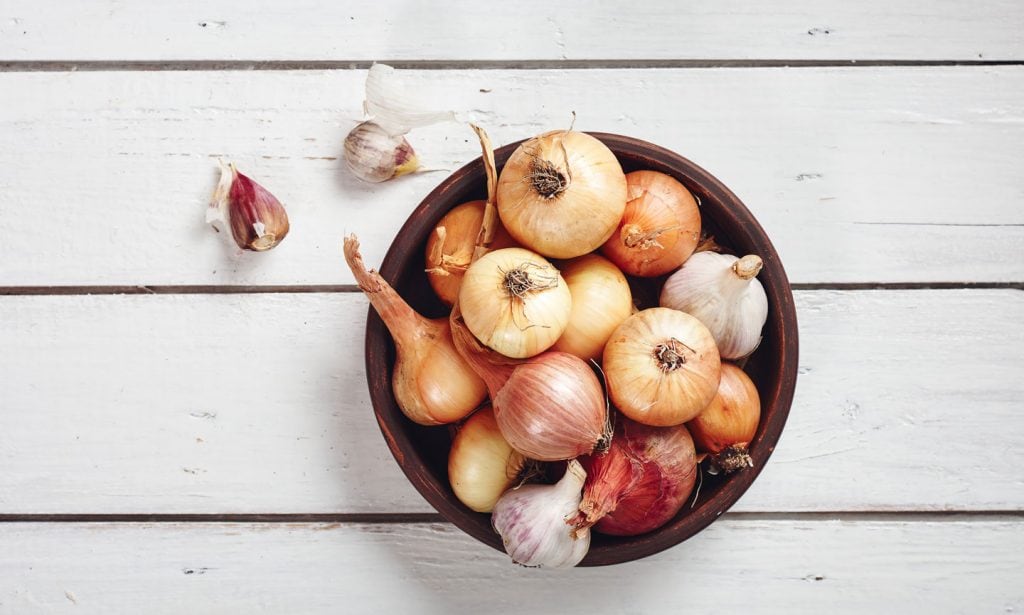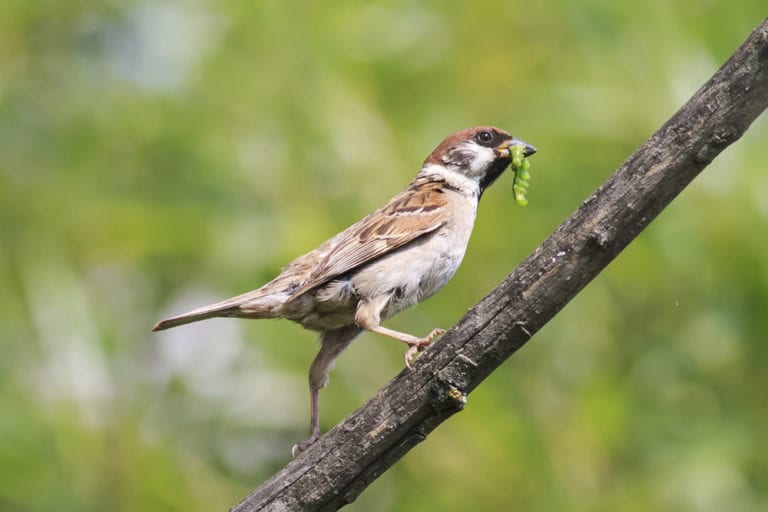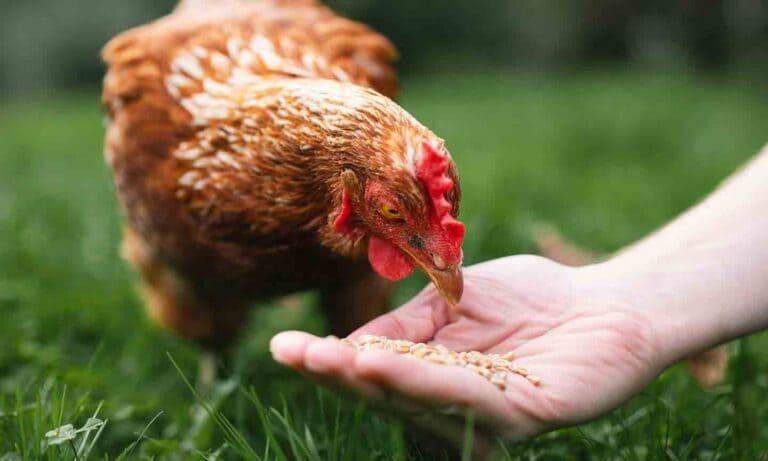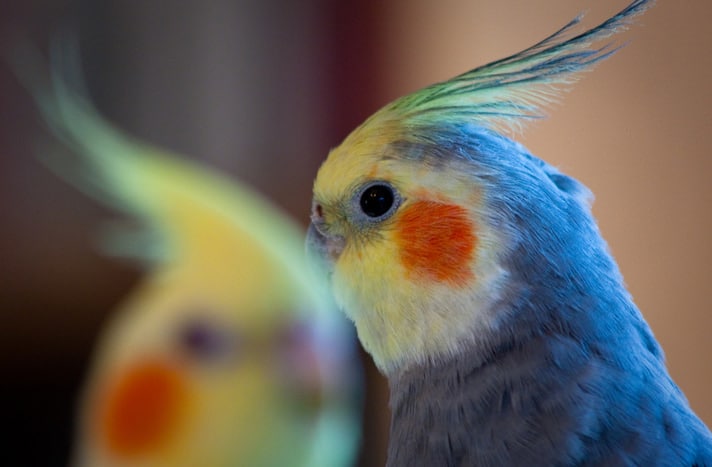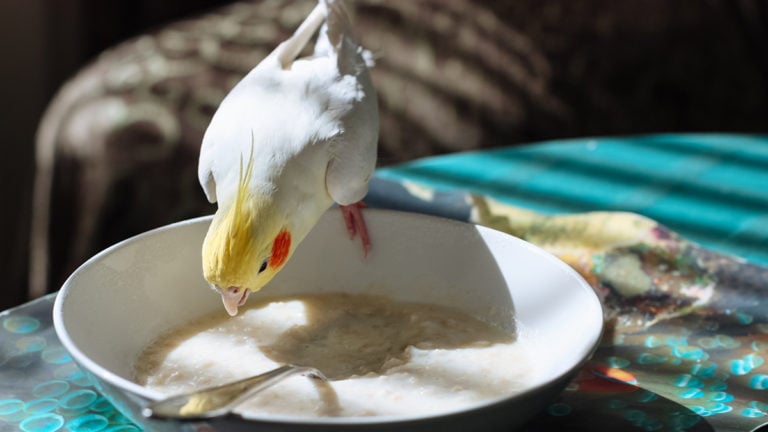Sharing your food with your pet bird can be a bonding experience and helps reinforce that your bird is part of the flock. But do you know which foods are safe to feed birds and which ones to avoid?
We spoke to several veterinarians to find out which foods to be cautious of when your bird is around so your special time together stays safe and positive.
1Alcohol
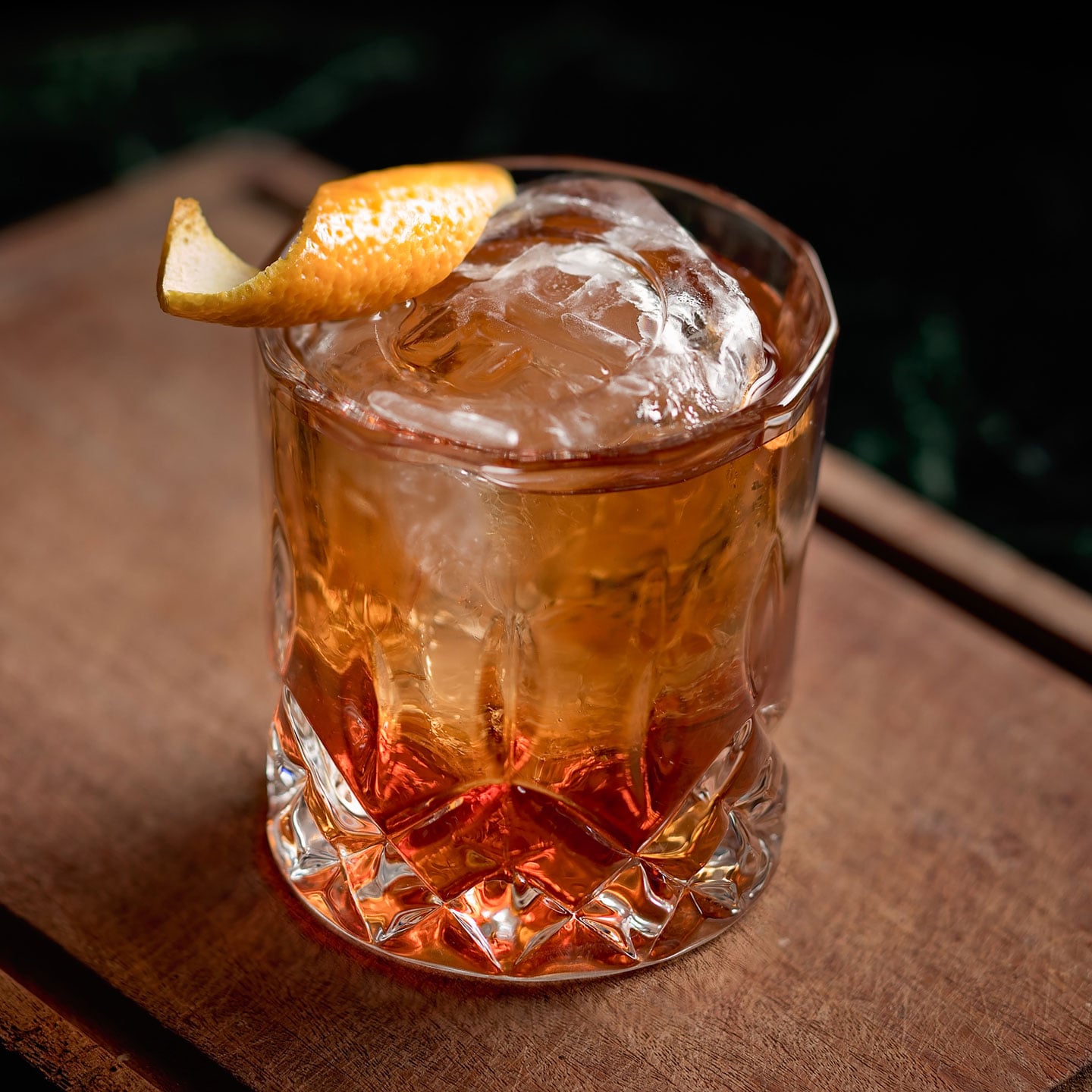
2Avocado
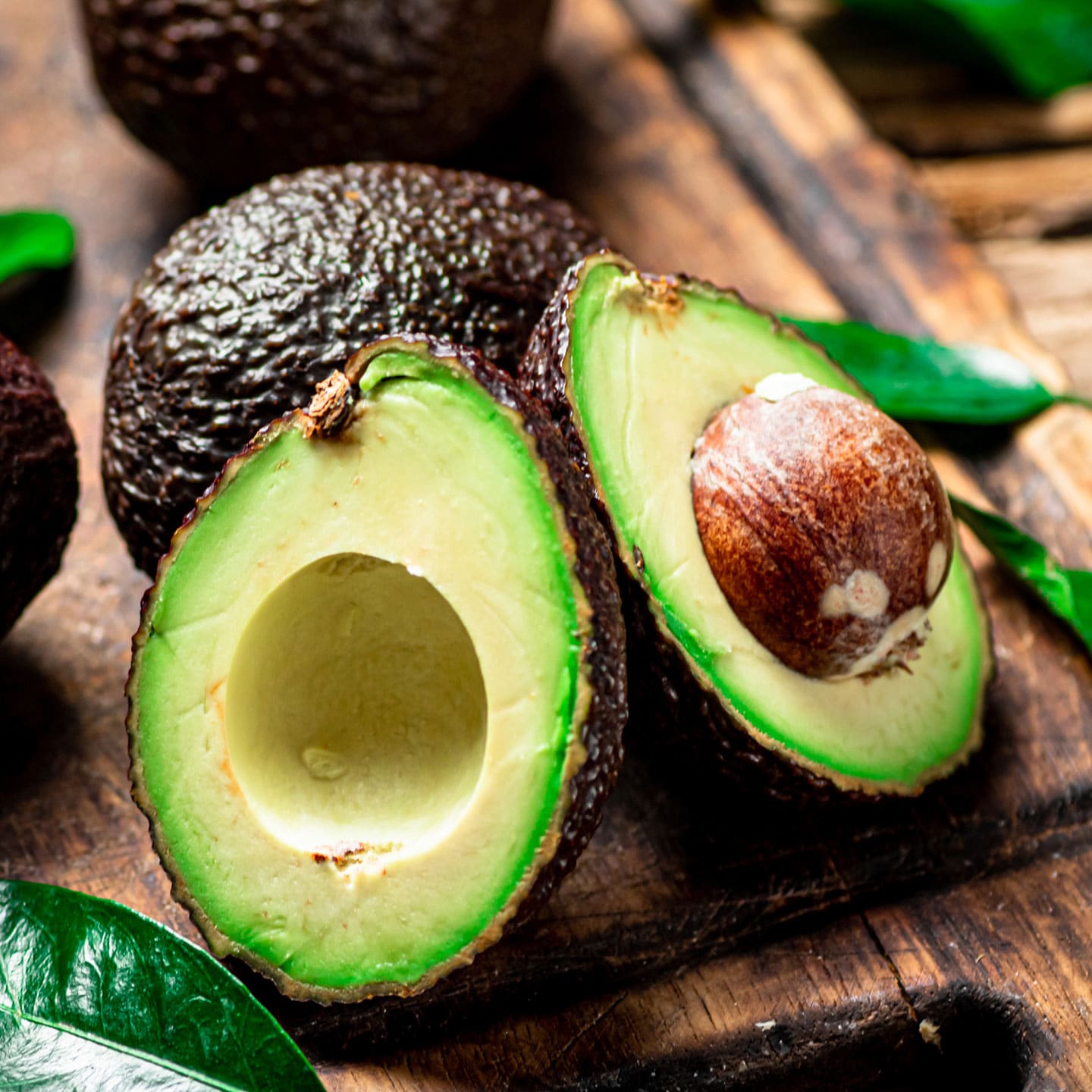
3Caffeine
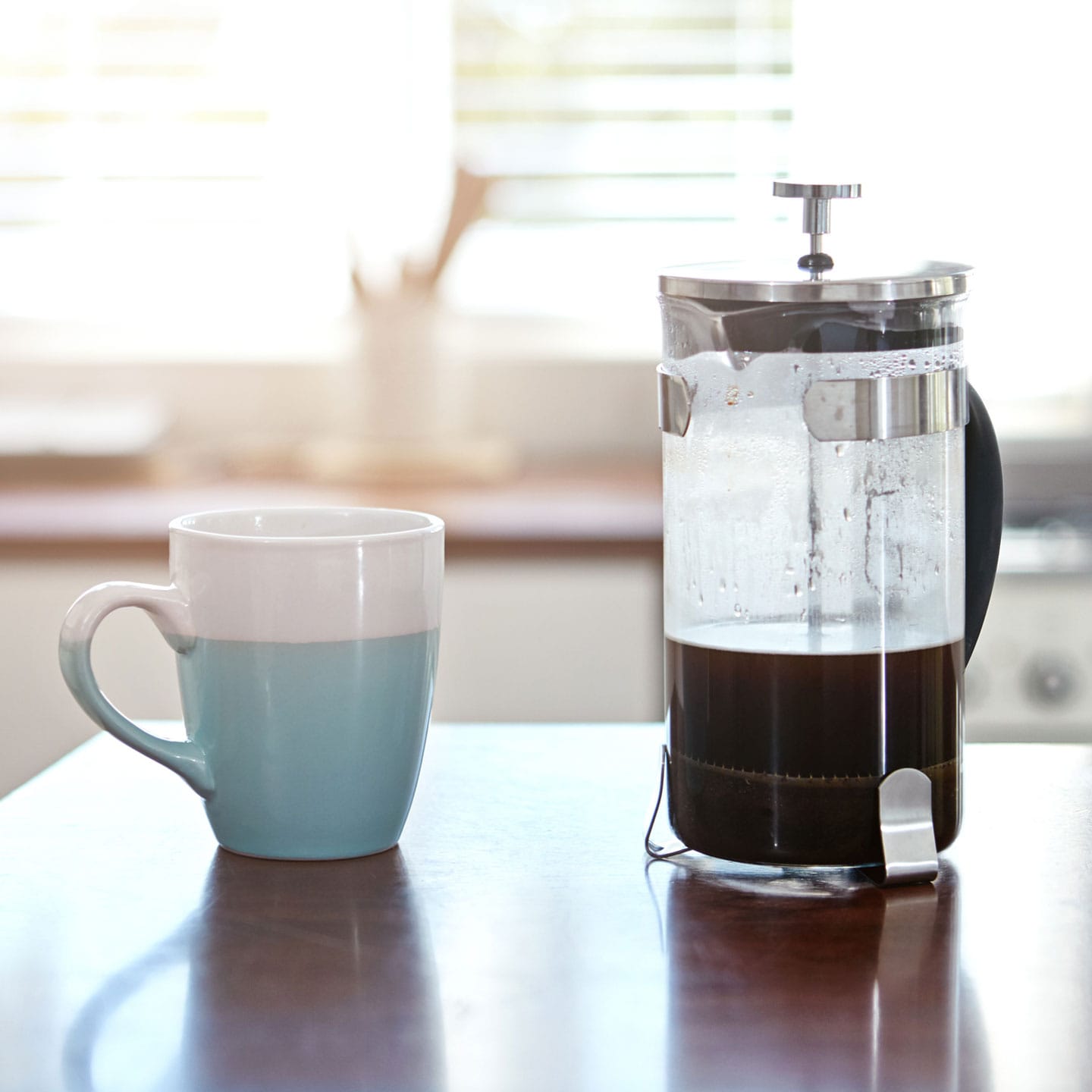
4 Chocolate
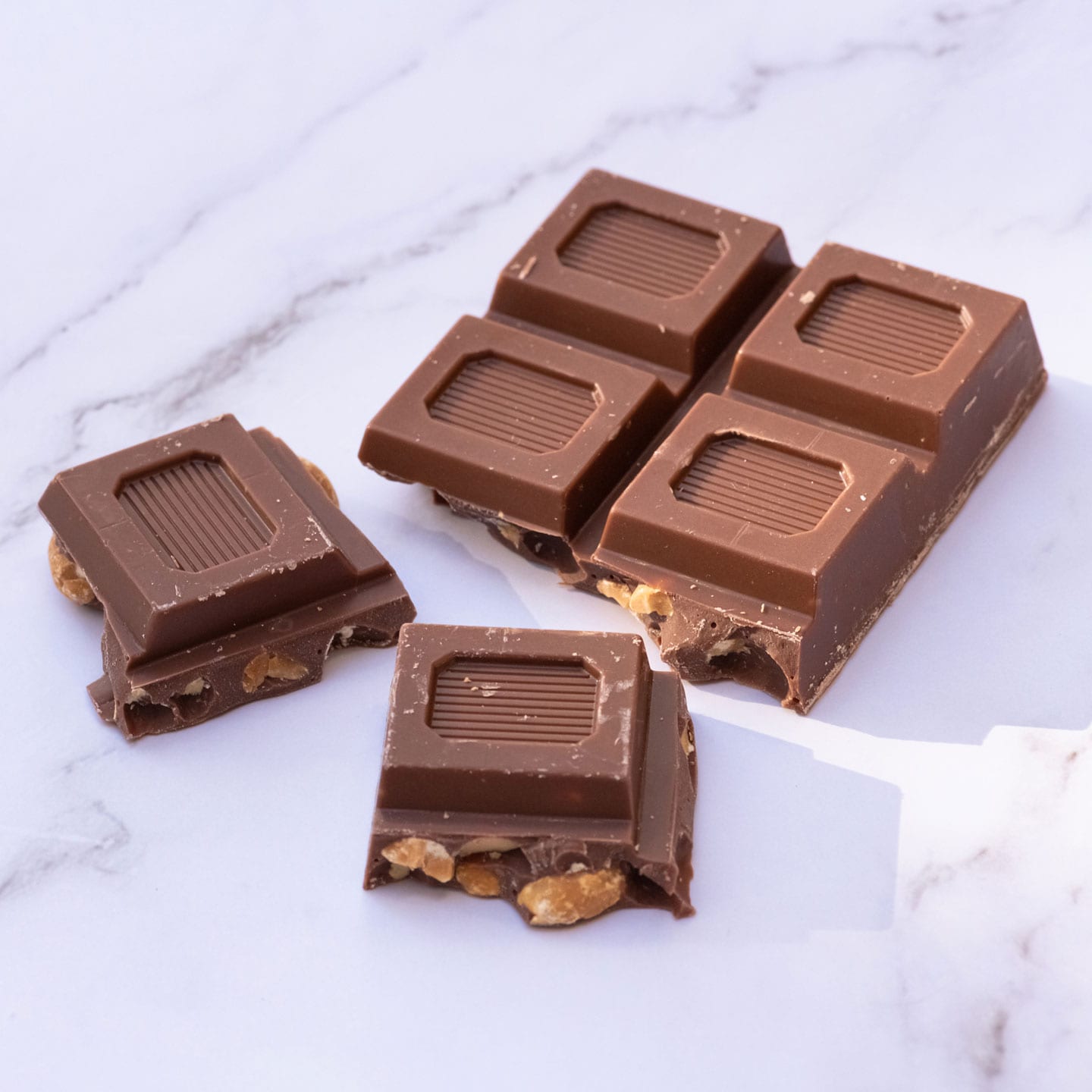
5Dairy Products
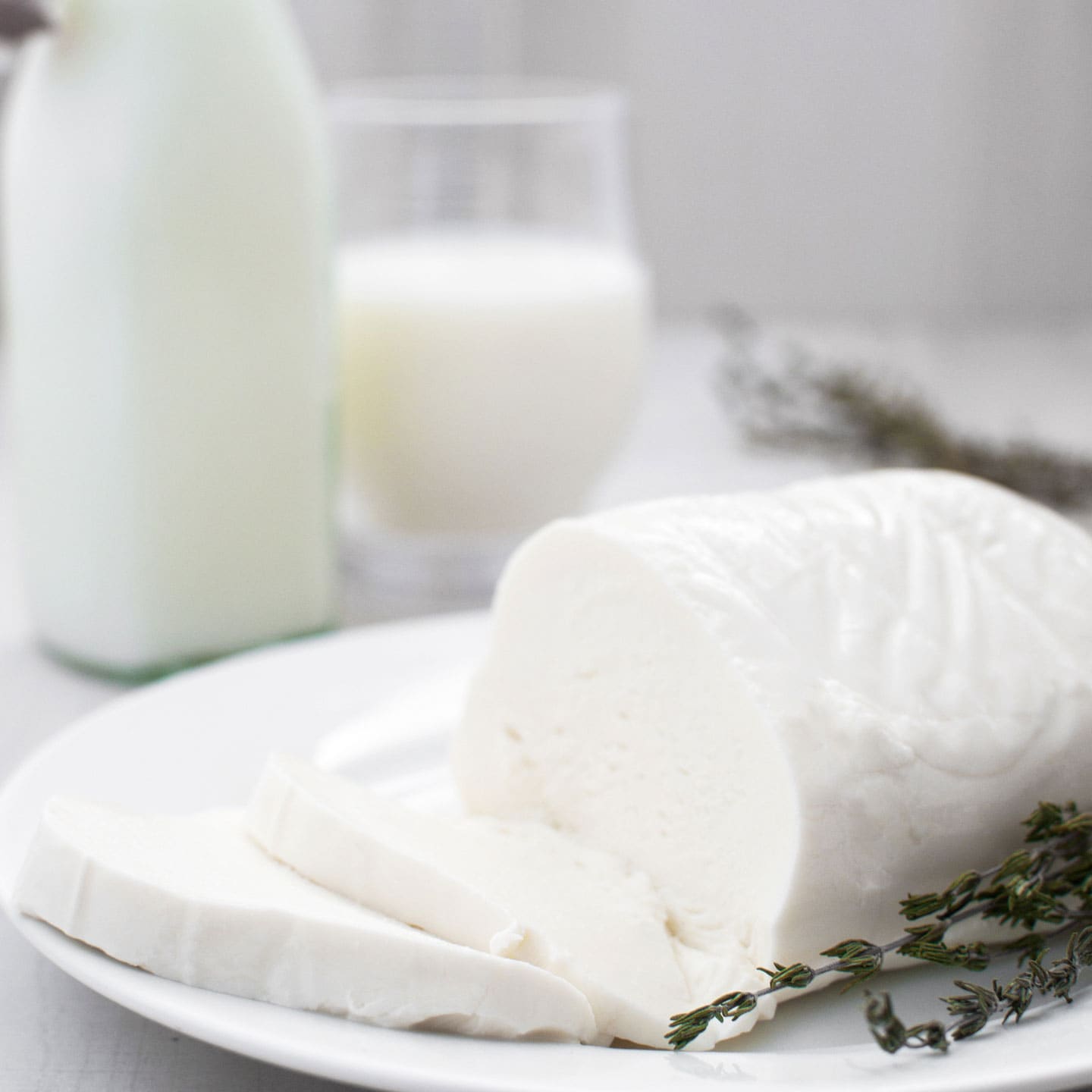
6High-Fat Foods
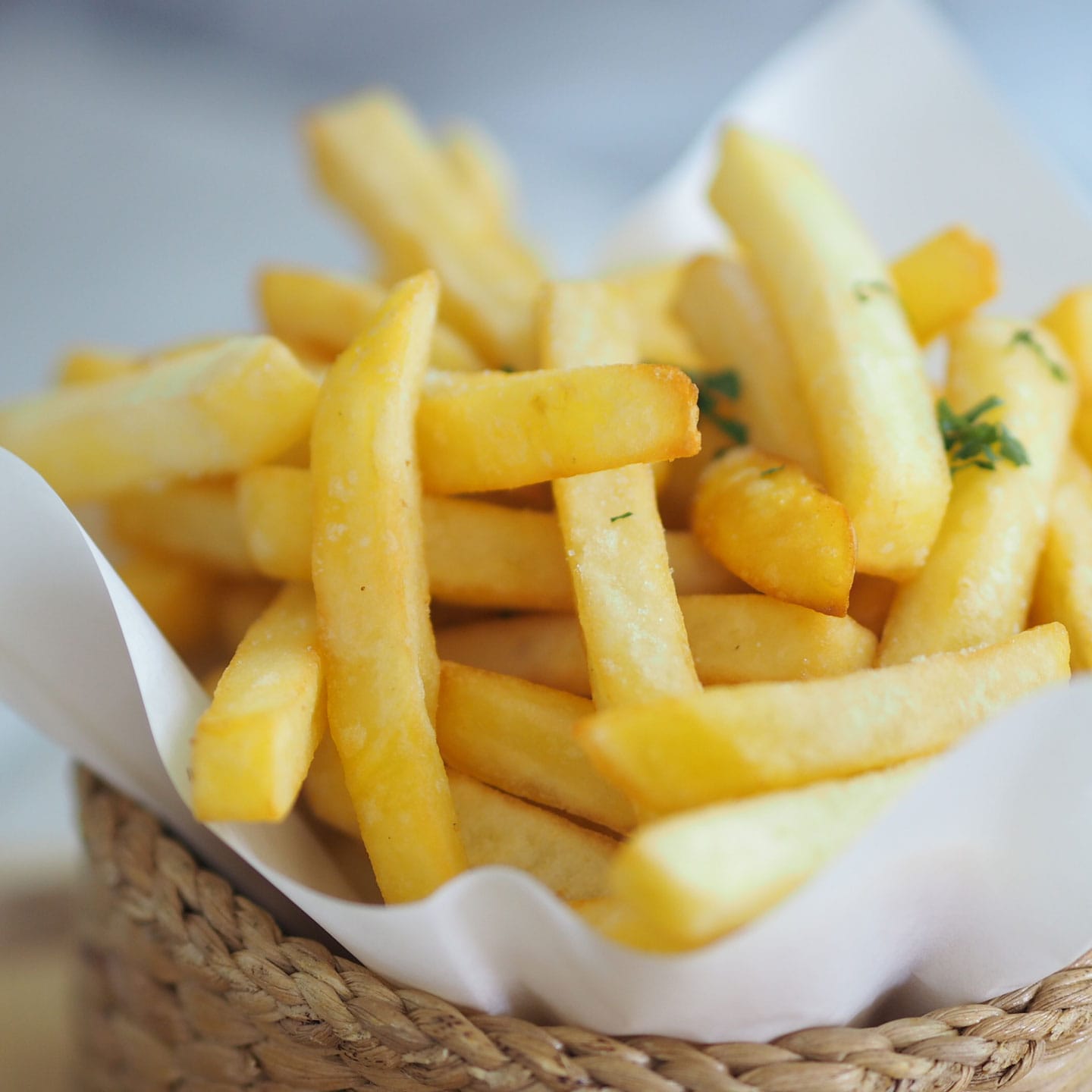
7Garlic
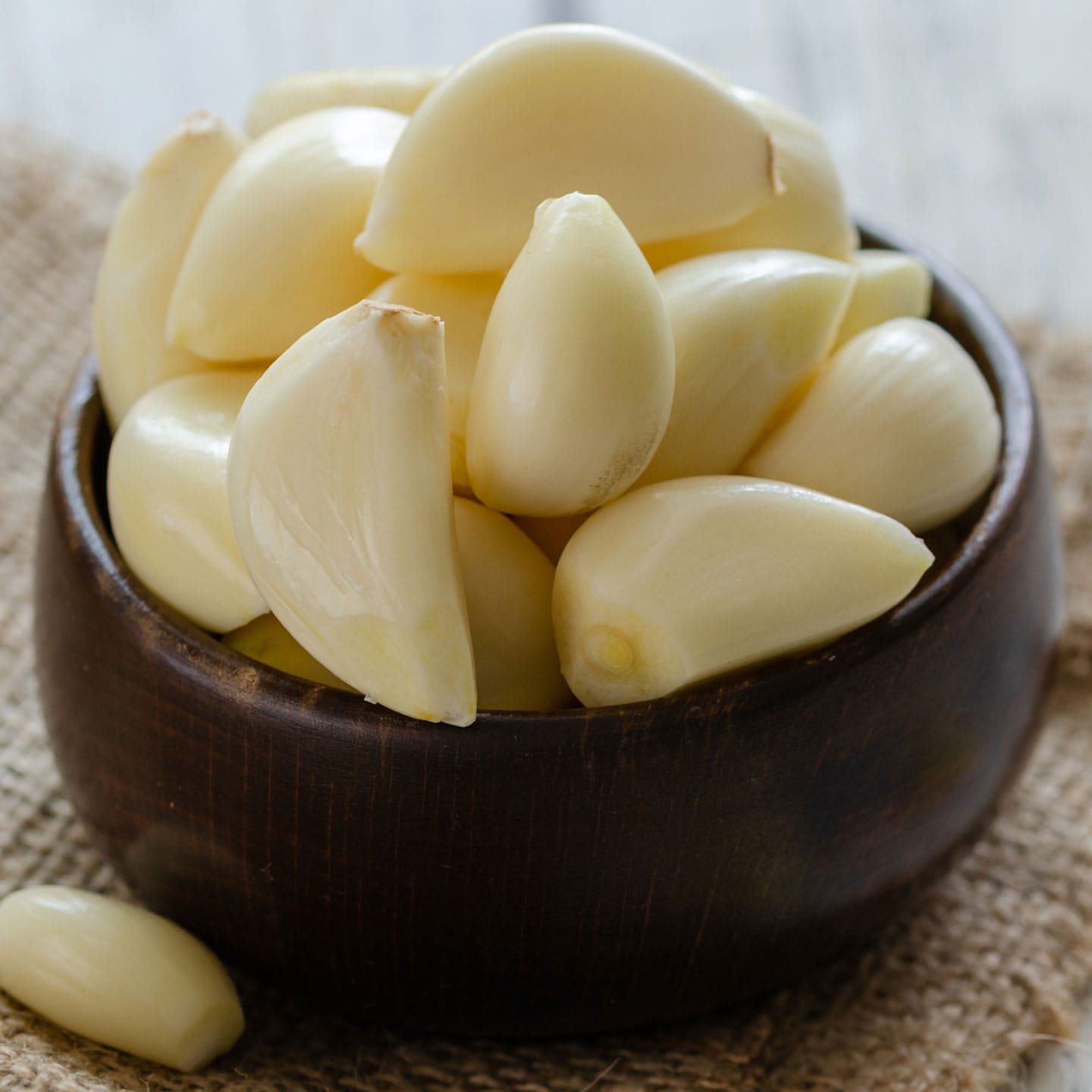
8Mushrooms
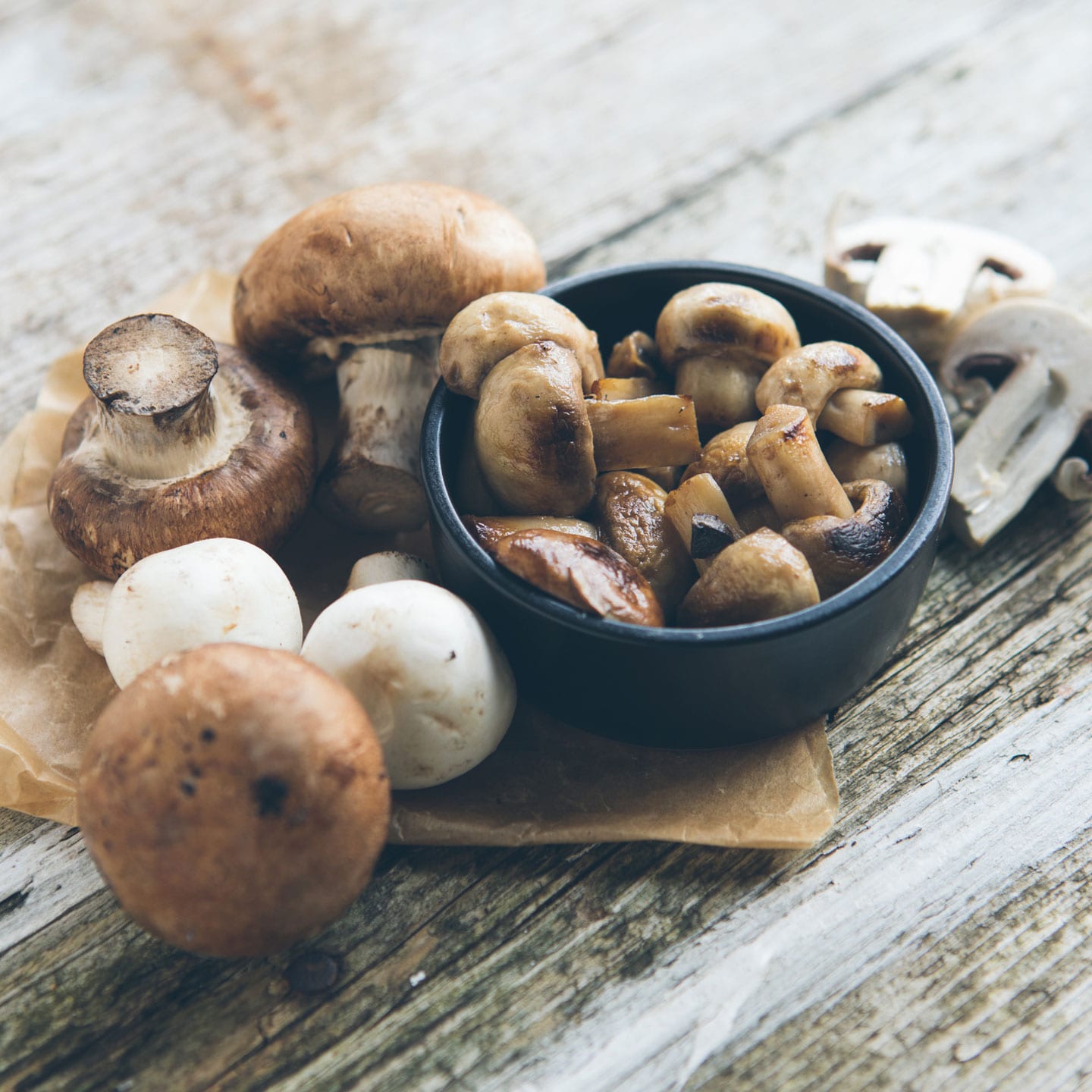
9Onions
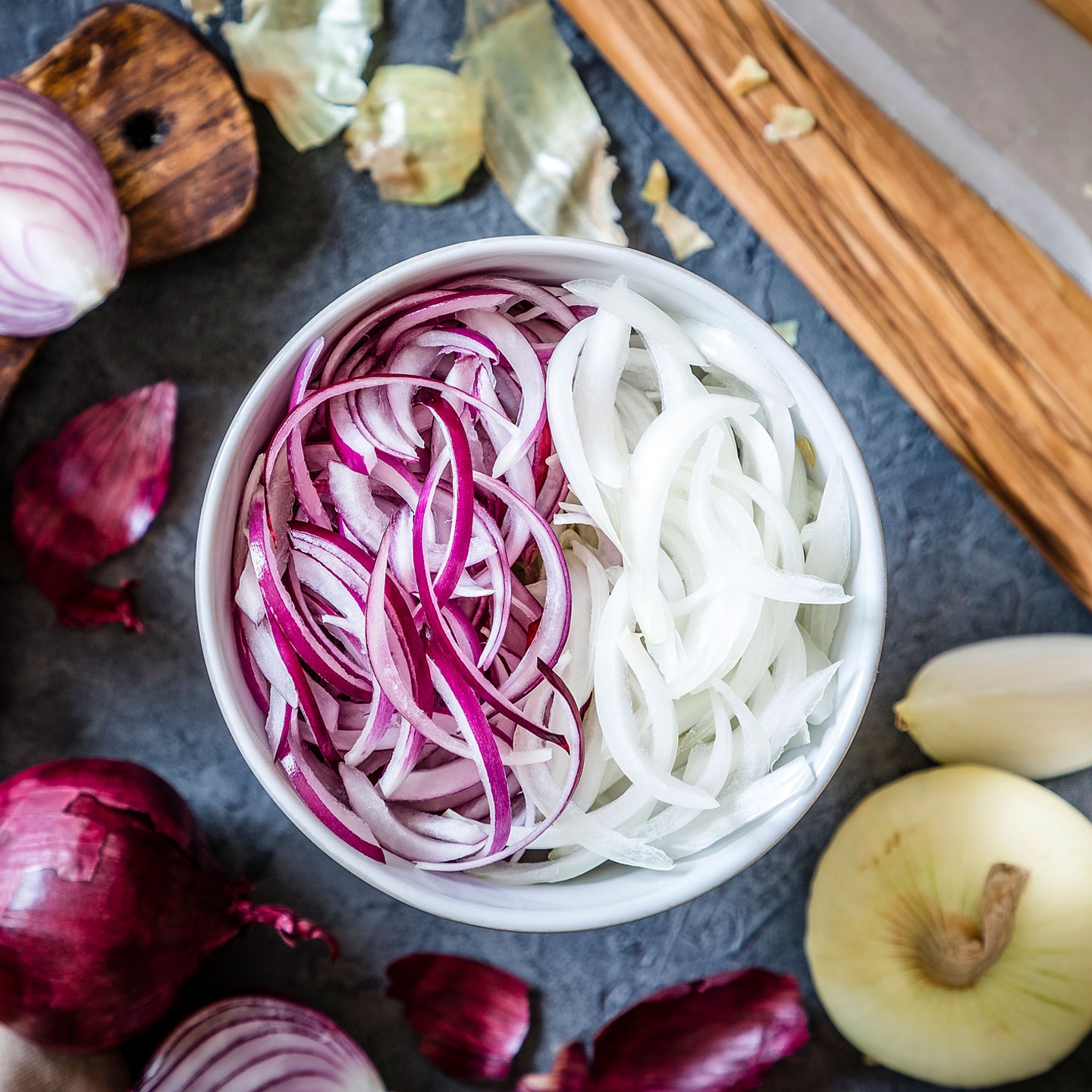
10Peanuts in the Shell
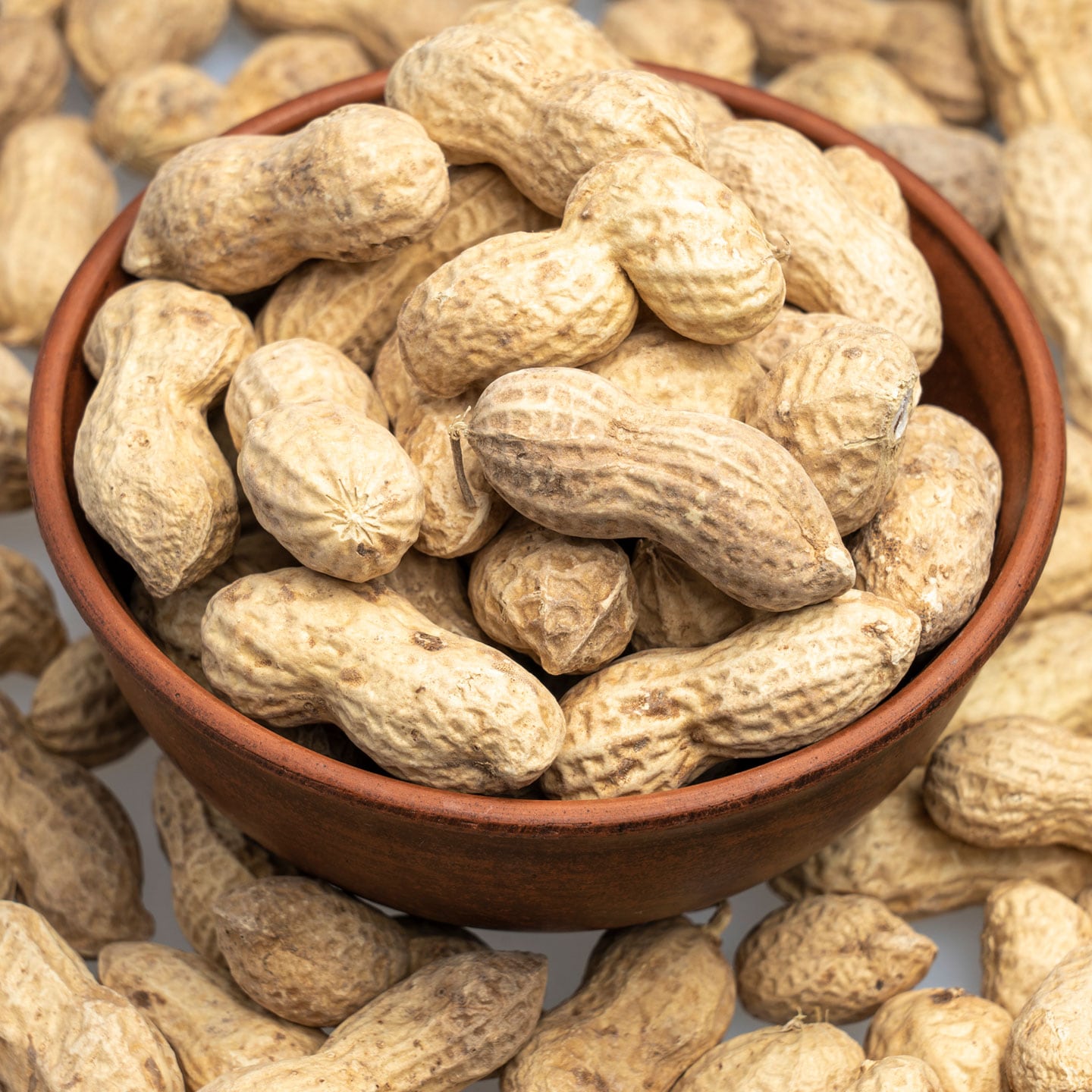
11Plant Parts from Nightshade Vegetables
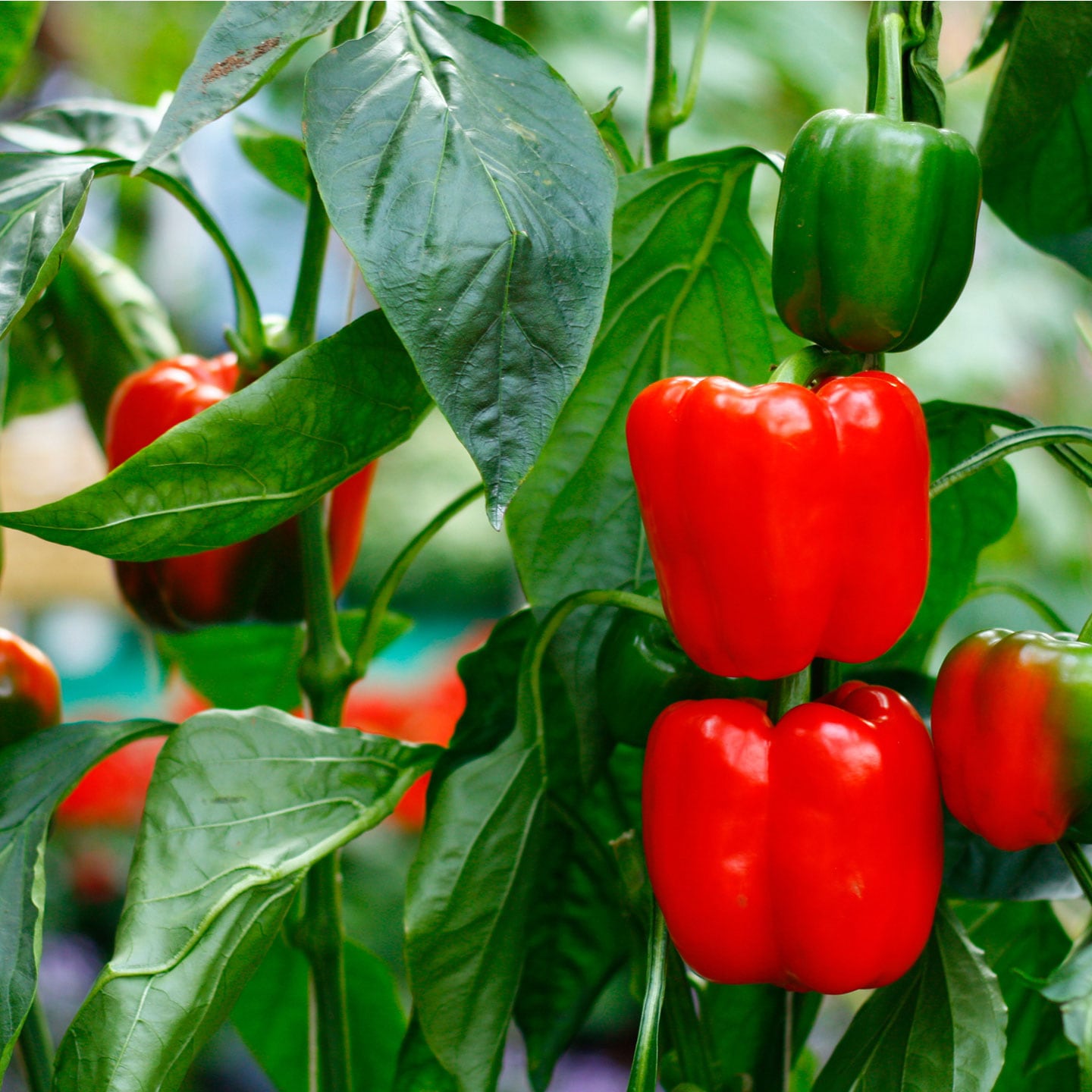
12Salty Snacks
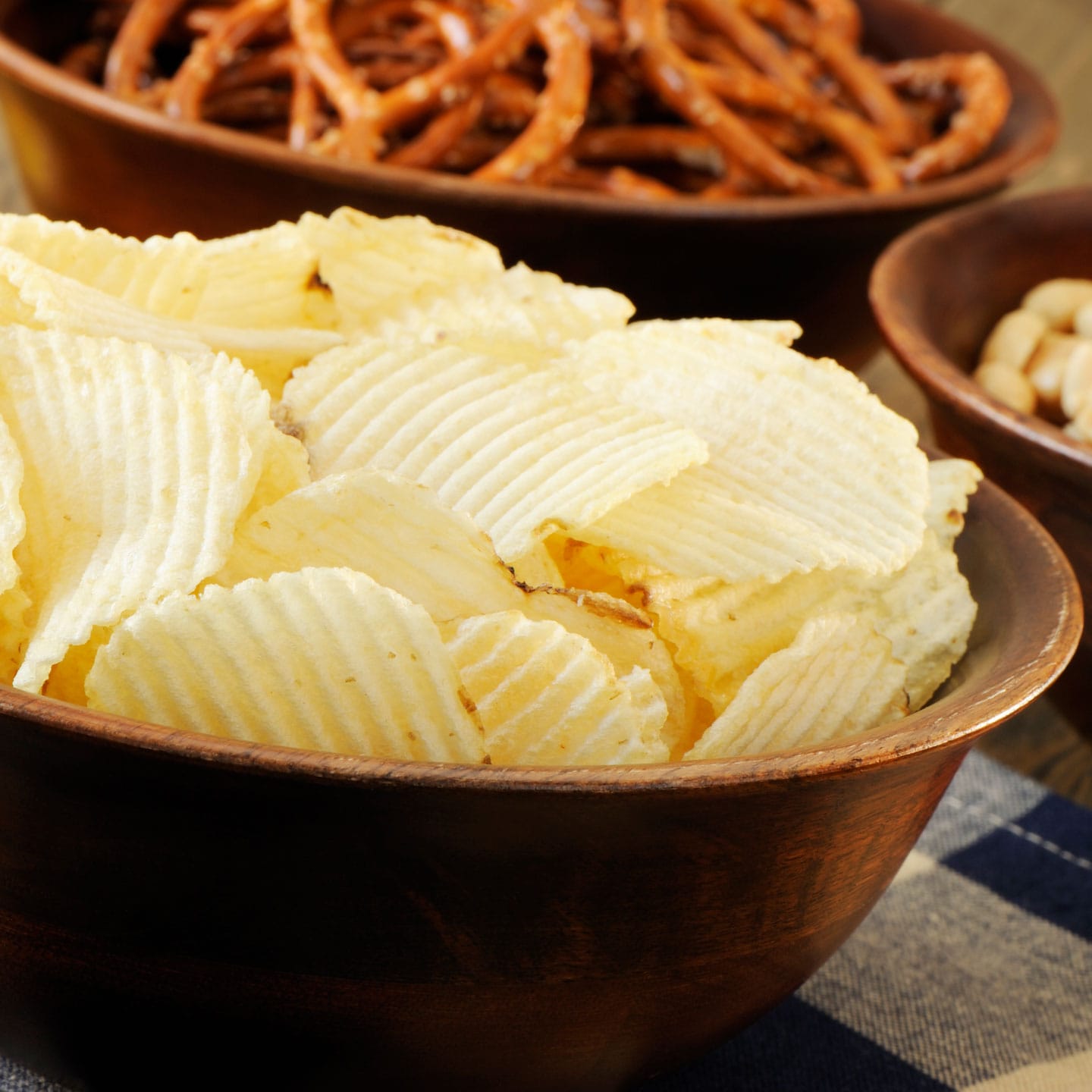
13Seeds or Pits from Rose Family Fruits
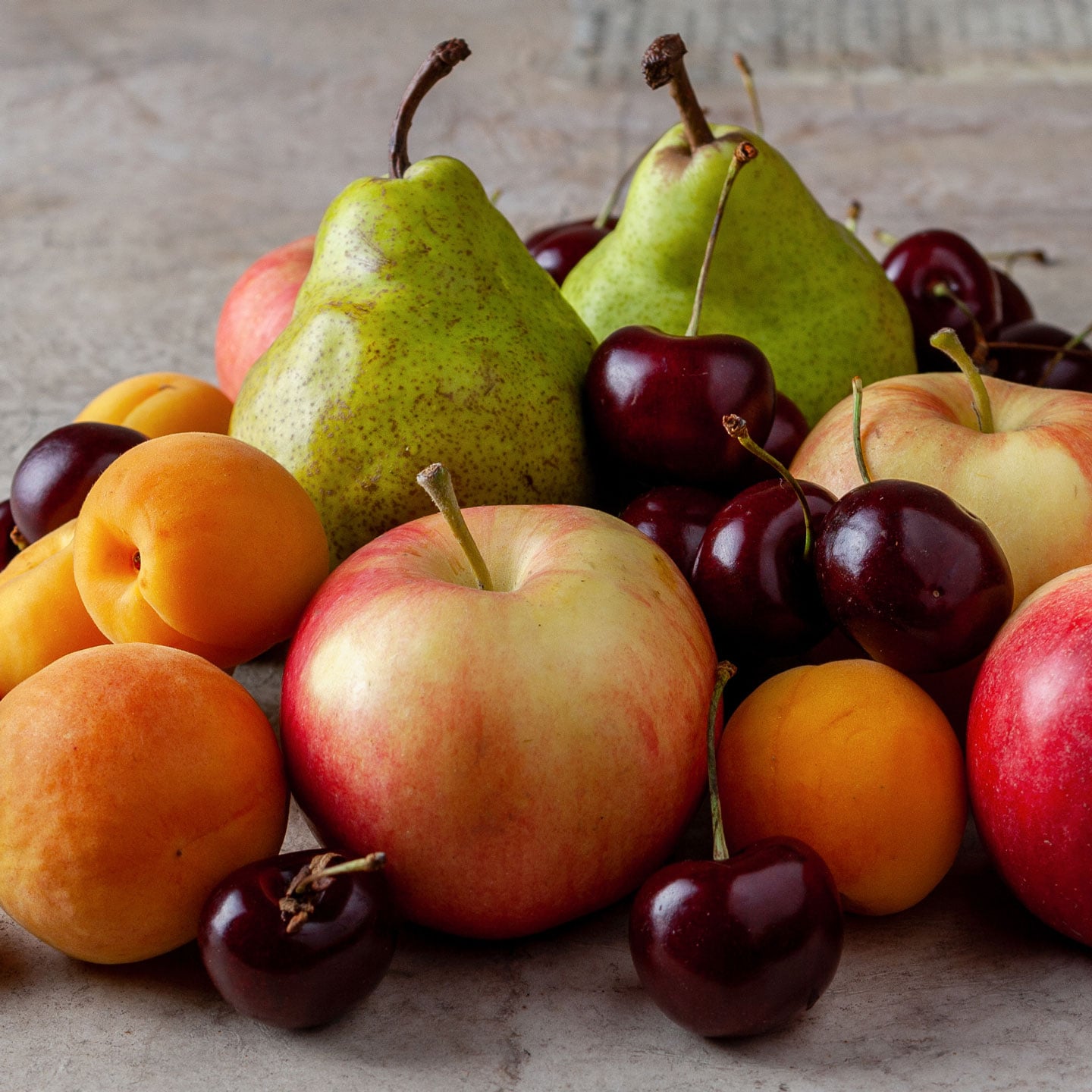
14Tomatoes
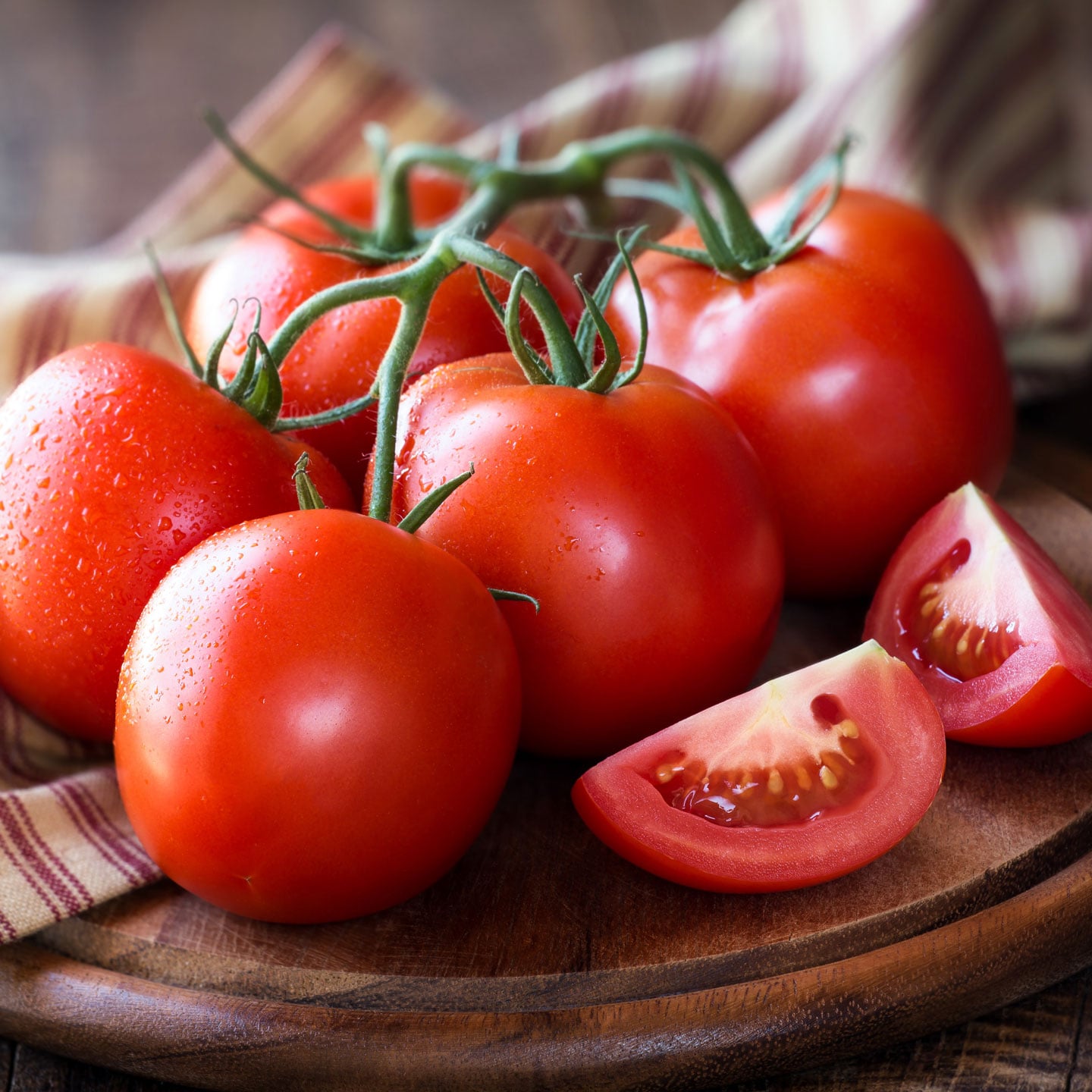
15Uncooked Beans
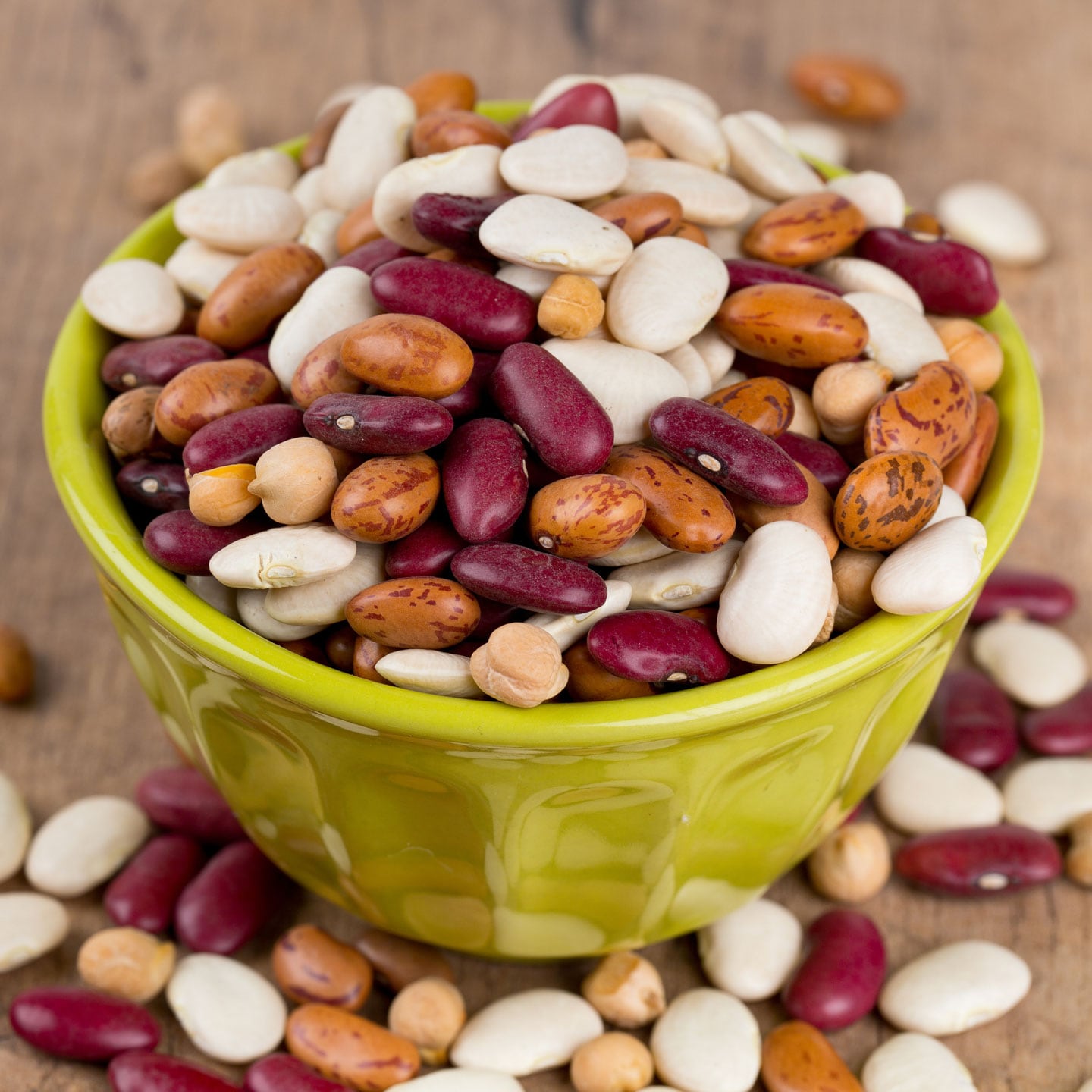
16Xylitol
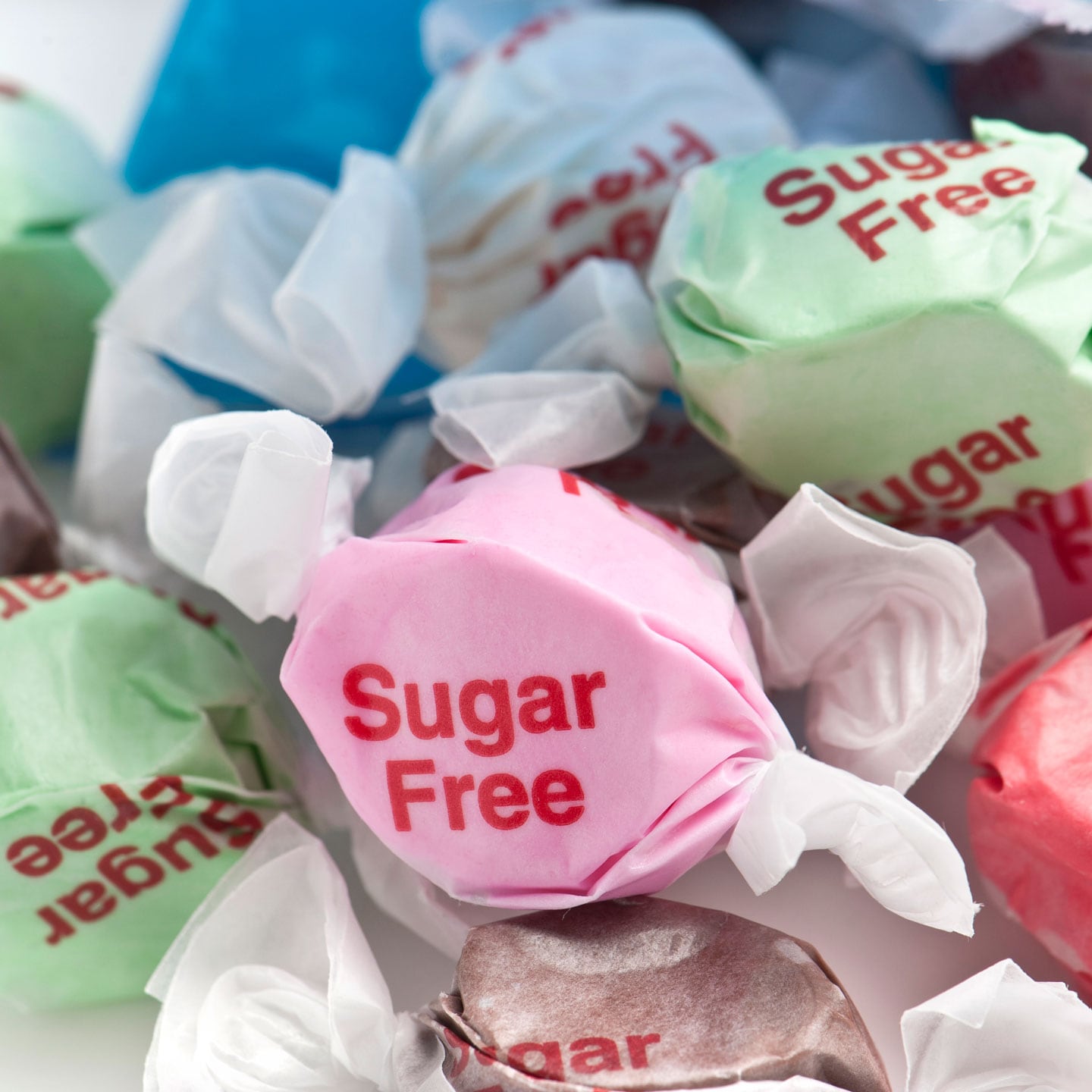
Providing treats is an important part of enrichment and bonding with your feathered bestie. (And sometimes they just don’t want to take no for an answer!) But to keep your pet safe, avoid foods that are harmful or potentially poisonous to birds whenever you are tempted to share snacks.
Screenshot and save this list of foods to avoid:
ALCOHOL
AVOCADO
CAFFIENE
CHOCOLATE
DAIRY
GARLIC
HIGH FAT FOODS
MUSHROOMS
ONIONS
PEANUTS IN SHELL
PLANT PARTS FROM NIGHTSHADE VEGGIES
SALTY SNACKS
SEEDS OR PITS OF ROSE FAMILY FRUITS
TOMATOES
UNCOOKED BEANS
XYLITOL
Brush up on bird nutrition:
Share:
